Developing countries as the nations of Indian subcontinent are experiencing big-bangs regarding their economic, agricultural and industrial development. The sole aim of present mechanized and advanced agricultural practices is to produce enhanced grain yield to satiate the hunger of burgeoning population. Thus the present scenario demands the use of chemical fertilizers and other agrochemicals. However the production cost of these chemical products is too high as it increases pressure on the fossil fuel reserves of the country. These fossil fuel reserves are finite or unsustainable in the long-term and give hazardous oxidized products posing threat to environmental and human health. Moreover the inorganic fertilizer application tremendously debilitates the soil’s physical and chemical status as well as drastically alters microbial diversity including microbial flora and fauna vital to sustain the fertility of soil. Sustainable agriculture is configured on use of a variety of prophecies, phenomena and products stressing on land reclamation and awareness towards hazards of over-industrialization and pollution on health of ecosystem. This concept urges the utilization of an array of techniques as organic farming, biofertilizers, biocontrol agents/biopesticides, mixed/inter-cropping. Bioinoculants are the culture concoctions/live microbial isolates that are presently the most ecologically feasible and economically sound example of practical reproduction of lab experimentation for the help of modern day farmers. Broadly, bioinoculants include biofrrtilizers, biopesticides and organic decomposers. Biofertilizers are live cells of beneficial microbial isolates that provide necessary nutrients (nitrogen, phosphorous etc), excrete growth promoting compounds and provide resistance to a variety of diseases that culminates to enhanced yield and production. While biopesticides are live microbial isolates or their metabolic products that eradicate/kill known insects/pests of crops. Among commercialized biopesticides Bt cotton emerged as the first brand ambassador of modern day pesticides. The third component of bioinoculants are the organic decomposers that include certain fungal species, bacterial genera and actinomycetes that hasten decomposition of organic compounds and make available nutrients held as organic matter.
Bioinoculants: A Step Towards Sustainable Agriculture
In stock
Free & Quick Delivery Worldwide
reviews
Bibliographic information
Title
Bioinoculants: A Step Towards Sustainable Agriculture
Author
Edition
1st ed.
Publisher
ISBN
8189422219
Length
viii+306p., Tables; Figures; Plates; References; 23cm.
Subjects

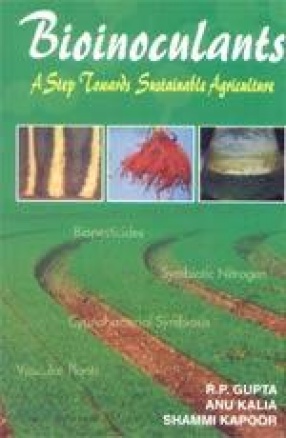
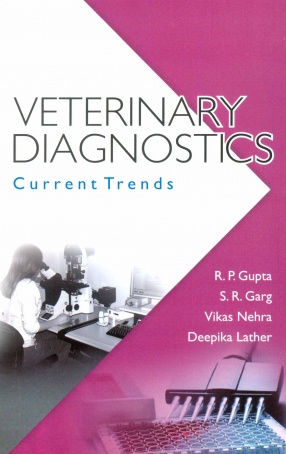
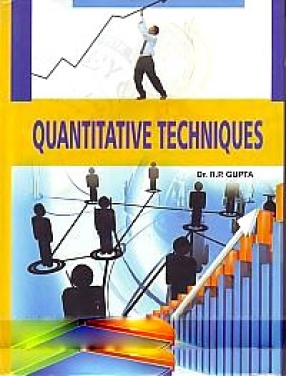
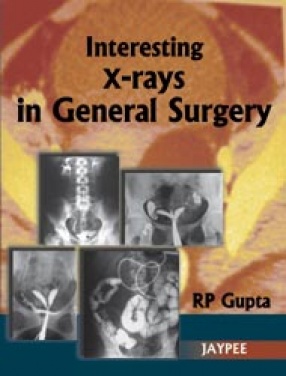
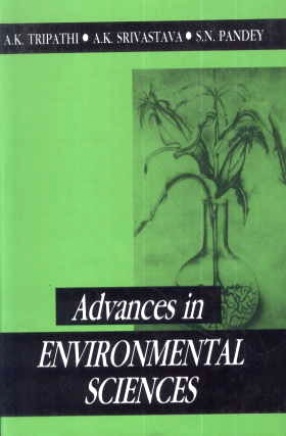
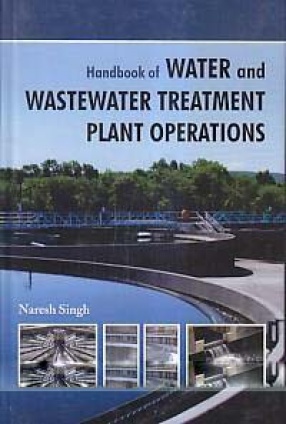

There are no reviews yet.